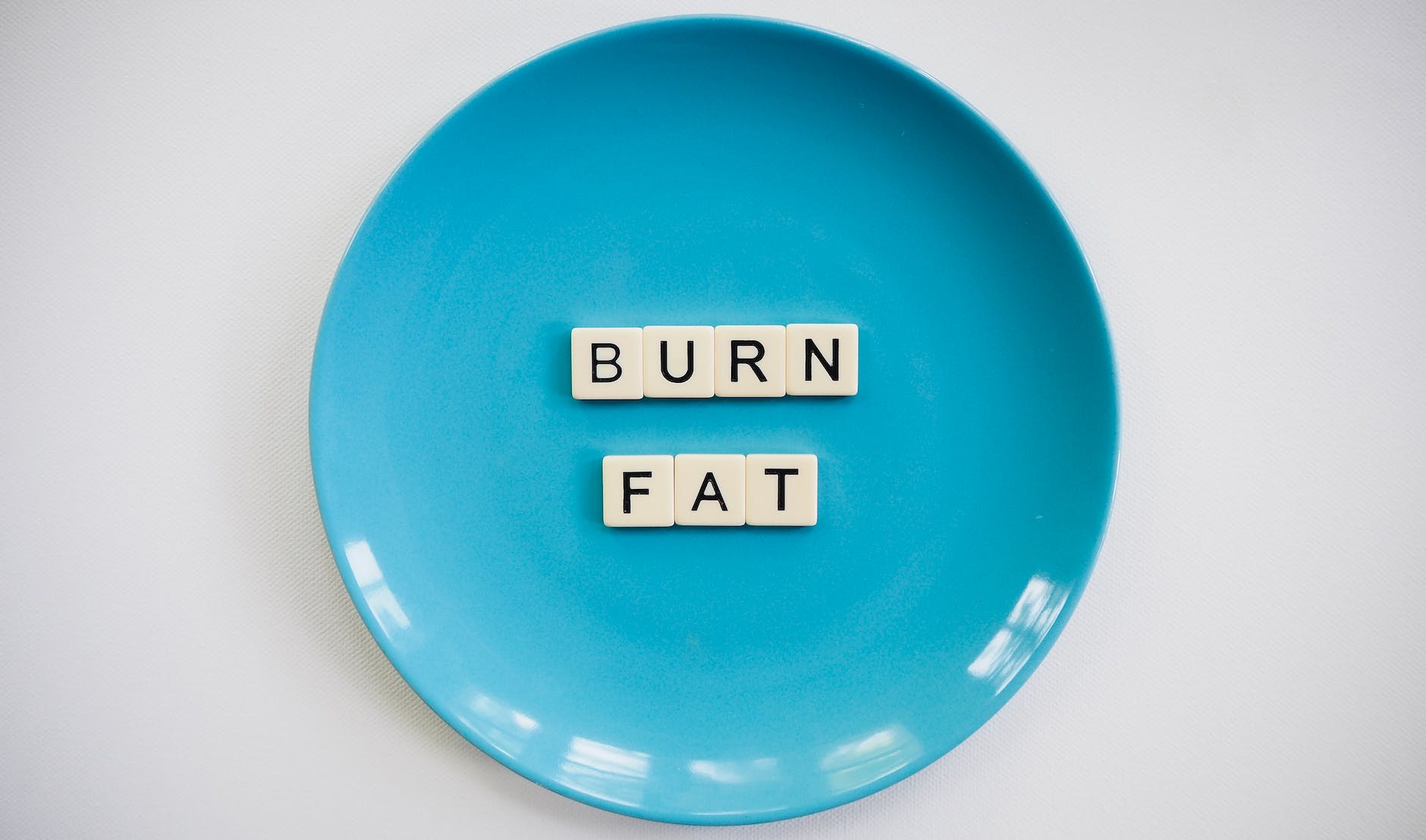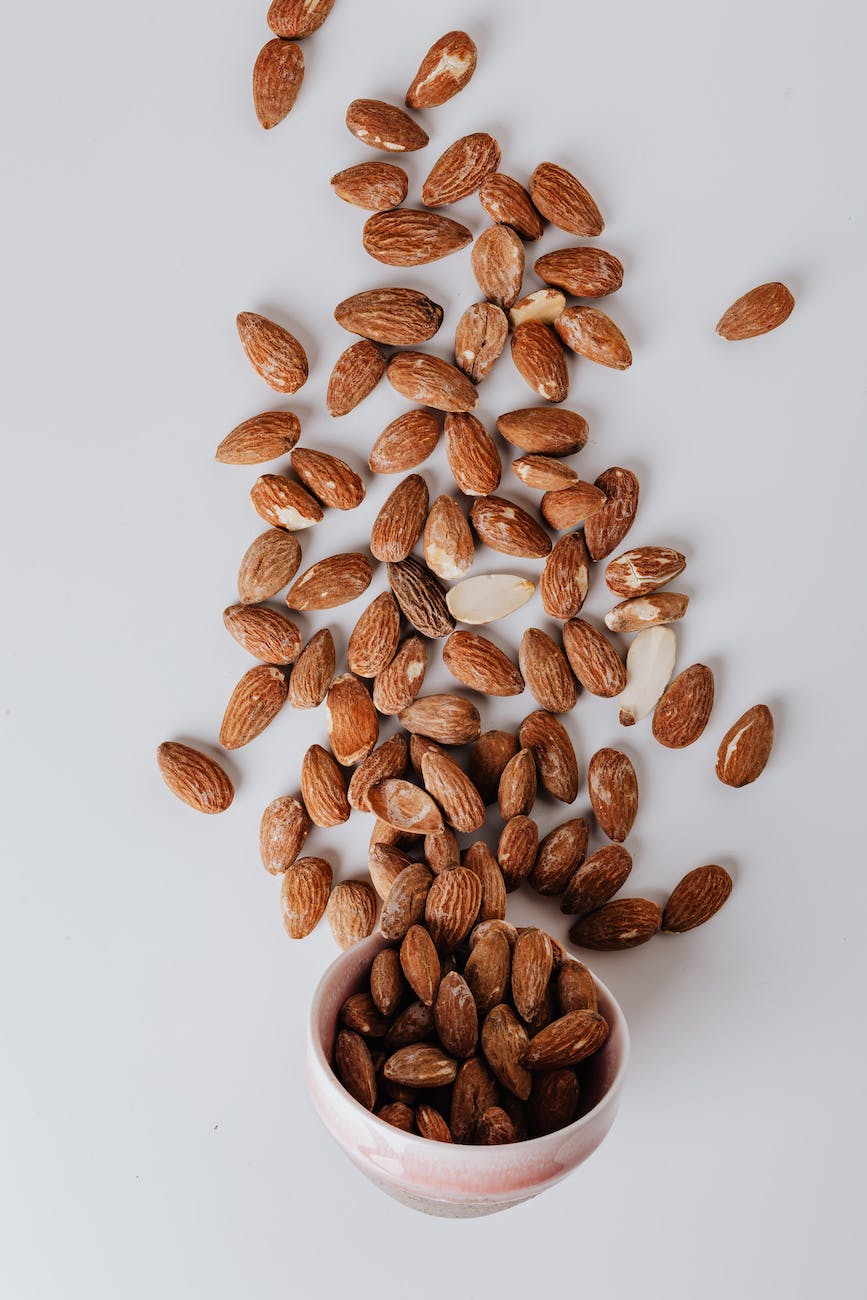
Introduction 🚀
Cinnamon and lemon are two widely available ingredients known for their potential benefits in weight management and belly fat reduction. In this comprehensive blog post, we will delve deeper into the potential benefits of cinnamon and lemon for belly fat, examine the scientific evidence supporting their effectiveness, provide detailed usage tips, and discuss additional considerations to optimize their potential benefits for weight loss.
Understanding the Benefits of Cinnamon and Lemon for Belly Fat 🌱⚖️
Both cinnamon and lemon offer potential benefits for reducing belly fat:
- Cinnamon: Cinnamon contains bioactive compounds such as cinnamaldehyde, which have been studied for their potential effects on weight management. Cinnamon may help regulate blood sugar levels, improve insulin sensitivity, and decrease the accumulation of fat in the abdominal area. By supporting balanced blood sugar levels and insulin function, cinnamon can potentially prevent excess fat storage in the belly region.
- Lemon: Lemons are rich in vitamin C, antioxidants, and plant compounds known as polyphenols. These components have been associated with various health benefits, including weight management. Lemons may support digestion, boost metabolism, enhance detoxification processes, and provide a refreshing alternative to sugary beverages.
Scientific Evidence and Research on Cinnamon and Lemon for Belly Fat 📚🔬
While traditional uses and anecdotal evidence suggest the effectiveness of cinnamon and lemon for weight loss, scientific studies provide additional insights:
- Cinnamon and Blood Sugar Control: Several studies have shown that cinnamon may help regulate blood sugar levels and improve insulin sensitivity. For example, a study published in the journal Diabetes, Obesity and Metabolism found that cinnamon supplementation improved fasting blood sugar levels and enhanced insulin sensitivity in individuals with prediabetes. By maintaining stable blood sugar levels, cinnamon may contribute to reduced belly fat accumulation.
- Lemon and Weight Management: Lemon water has gained popularity as a natural remedy for weight management. While there is limited research specifically on lemon’s impact on belly fat, some studies suggest potential benefits. A study published in the Journal of Clinical Biochemistry and Nutrition found that lemon polyphenols supplementation led to reduced body weight, body fat, and body mass index (BMI) in overweight subjects. Another study published in the Journal of Ayurveda and Integrative Medicine reported that lemon detox diets helped in weight loss and improved metabolic parameters.
While these studies provide preliminary evidence, more research is needed to understand the direct effects of cinnamon and lemon on belly fat reduction in different populations and long-term outcomes.
Incorporating Cinnamon and Lemon into Your Diet 🍋🌿
To incorporate cinnamon and lemon into your diet for potential belly fat reduction, consider the following tips:
- Cinnamon Tea: Brew a cup of cinnamon tea by adding a cinnamon stick or a teaspoon of ground cinnamon to boiling water. Let it steep for a few minutes, then strain and enjoy. Cinnamon tea can be consumed daily to potentially help regulate blood sugar levels and support weight management.
- Lemon Water: Start your day with a glass of warm lemon water. Squeeze the juice of half a lemon into a glass of warm water and drink it on an empty stomach. This can help boost hydration, support digestion, and provide a refreshing start to your day.
- Cinnamon and Lemon Recipes: Incorporate cinnamon and lemon into your meals and snacks. Sprinkle ground cinnamon on oatmeal, yogurt, or roasted vegetables for added flavor and potential benefits. Squeeze fresh lemon juice over salads, grilled fish, or vegetables to enhance taste and introduce the beneficial properties of lemon.
- Cinnamon and Lemon Infused Water: Infuse water with cinnamon sticks and slices of lemon for a refreshing and hydrating beverage. Let the flavors infuse for a few hours in the refrigerator before consuming. This infused water can be consumed throughout the day as a healthy alternative to sugary drinks.
Considerations and Precautions ⚠️
While cinnamon and lemon are generally safe for most individuals, it’s important to keep the following considerations in mind:
- Allergies and Sensitivities: Some individuals may have allergies or sensitivities to cinnamon or lemon. If you experience any adverse reactions, such as itching, swelling, or digestive discomfort, discontinue use and consult with a healthcare professional.
- Dosage and Moderation: While cinnamon and lemon are natural ingredients, moderation is key. Excessive consumption of cinnamon or lemon may have adverse effects. Stick to recommended dosages and consult with a healthcare professional or registered dietitian for personalized advice.
- Individual Variations: The effects of cinnamon and lemon can vary among individuals. Factors such as overall diet, exercise habits, metabolism, and underlying health conditions can influence the outcomes. Listen to your body, monitor your progress, and make adjustments as needed.
Conclusion 🏁
Cinnamon and lemon offer potential benefits for weight management and belly fat reduction. Scientific evidence suggests that cinnamon may help regulate blood sugar levels and improve insulin sensitivity, while lemon may support digestion, boost metabolism, and provide antioxidant benefits. By incorporating cinnamon and lemon into your diet through cinnamon tea, lemon water, recipes, or infused water, you may potentially support your weight loss journey and promote belly fat reduction. However, it’s important to adopt a holistic approach to weight management, including a balanced diet, regular exercise, and a healthy lifestyle. Consult with a healthcare professional or registered dietitian for personalized advice and recommendations.
Disclaimer: This blog post is intended for informational purposes only and should not replace professional medical advice. Consult with a healthcare professional or registered dietitian before making any significant changes to your diet or weight loss plan.










